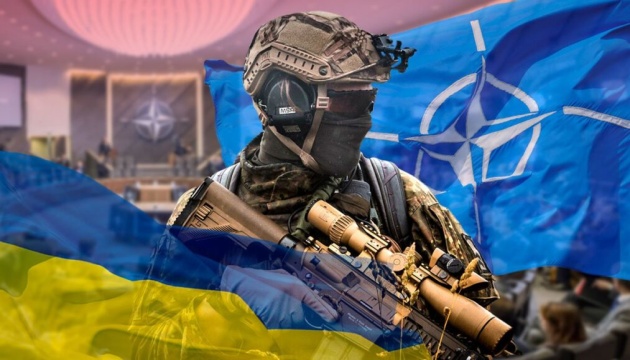Lawyer
Legal aspects of the protection of rights to freedom of assembly for persons who have experienced violence because of their political views
Freedom of assembly is one of the fundamental human rights enshrined in international and national legal acts. It allows citizens to freely express their views, unite for joint actions and protect their interests. It is especially important to protect this right for people who have experienced violence because of their political views. Legal protection of their rights includes a lawyer's consultation, document analysis, preparation of a legal opinion and a lawyer's legal opinion.
Consultation of a lawyer
Consulting a lawyer is the first and important stage in the process of protecting the right to freedom of assembly. During the consultation, the lawyer analyzes the circumstances of the case, studies which violations have occurred, and provides recommendations for further actions. The consultation may include clarification of the legal norms governing freedom of assembly and possible legal protection mechanisms.
Analysis of documents
Document analysis is the next important step in protecting the rights to freedom of assembly. The lawyer carefully checks all the documents related to the case: statements about holding meetings, responses from state authorities, detention protocols, medical certificates about injuries and other evidence of violence. Analysis of documents allows the lawyer to collect the necessary evidence base for further legal actions.
Legal opinion
Based on the analysis of the documents, the lawyer prepares a legal opinion. This document contains a detailed description of the circumstances of the case, identified violations of rights and recommendations for further steps. A legal opinion can be used to file complaints with law enforcement agencies, lawsuits, or appeals to international human rights organizations.
Legal opinion of the lawyer
The lawyer's legal opinion is a key document in the process of protecting the rights to freedom of assembly. It contains an analysis of the legal norms that were violated and determines the ways of their restoration. A lawyer can refer to international documents, such as the European Convention on Human Rights, the International Covenant on Civil and Political Rights, the Universal Declaration of Human Rights and other acts that guarantee the right to freedom of assembly.
Practical aspects of protection of rights to freedom of assembly
Complaints to law enforcement agencies: In the case of illegal actions by law enforcement officers or other authorities, the lawyer can file a complaint with the appropriate authorities. This may include demands to investigate the facts of the violence, bring the perpetrators to justice and compensate for the damage caused.
Legal protection: If the right to freedom of assembly has been violated, a lawyer can file a lawsuit. The legal process may include demands to recognize the actions of authorities as illegal, cancel bans on gatherings, and compensate for moral and material damage.
Appeal to international organizations: In cases where national mechanisms do not provide adequate protection, the lawyer may appeal to international human rights organizations. This may include submitting complaints to the European Court of Human Rights, the UN Human Rights Committee and other human rights bodies.
Advocacy and public protection: In addition to legal mechanisms, it is important to engage the public and the media in the problem of violations of the right to freedom of assembly. A lawyer can organize public events, press conferences, and support actions, which will help draw attention to the problem and increase pressure on the authorities.
Conclusion
Protecting the rights to freedom of assembly for individuals who have experienced violence because of their political views is a complex and multifaceted process. It requires high professionalism of a lawyer, careful analysis of documents, preparation of well-founded legal opinions and effective use of all available legal mechanisms. Each stage of this process, from consulting a lawyer to preparing a legal opinion of a lawyer, is an important step towards restoring violated rights and ensuring justice for victims.

































